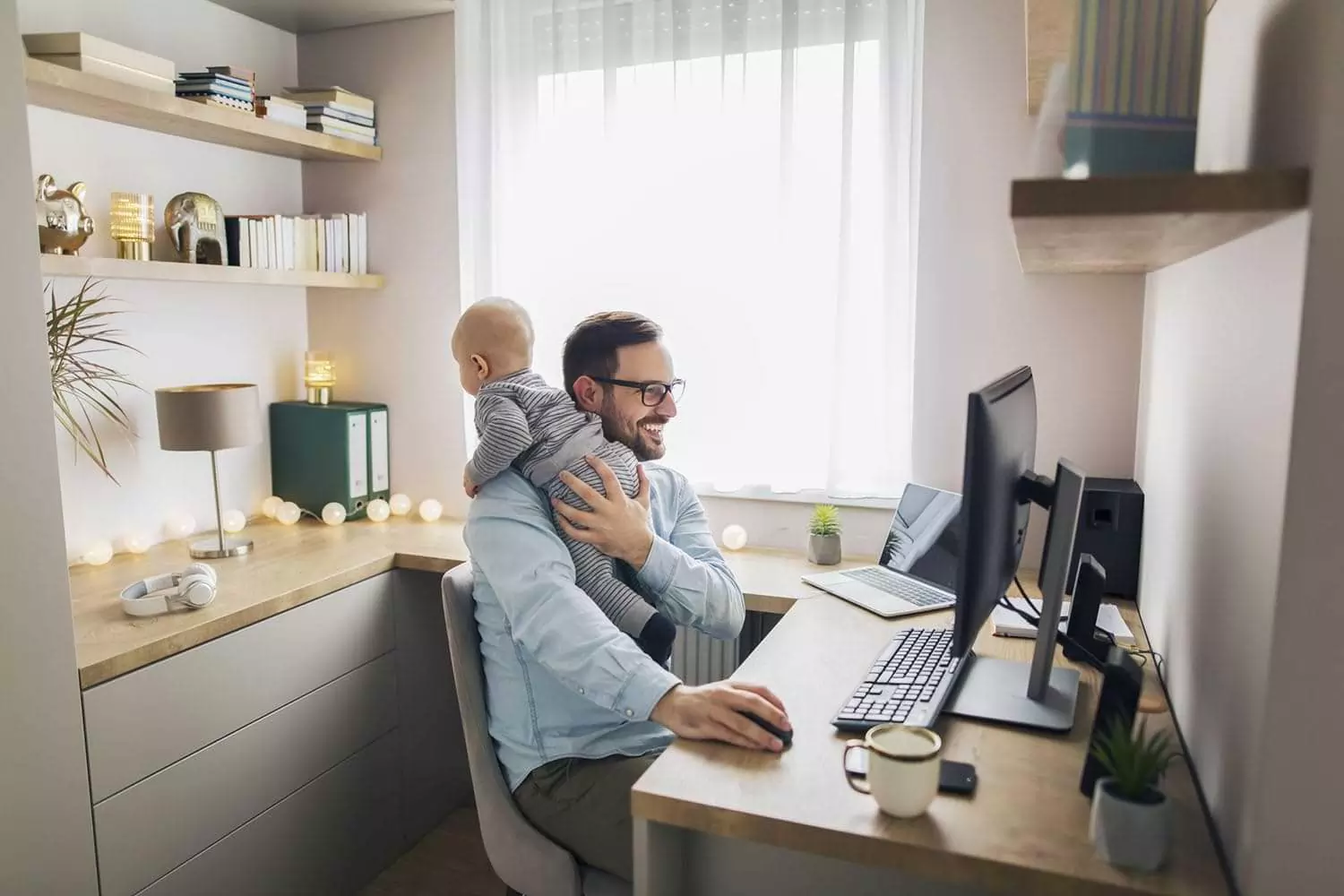Truffle have moved to Blackfriars. We are now part-time shipmates on the HMS President. Having grown up near the coast, there is nothing more cathartic than the gentle bob of a ferry passing.
Between The Strand and Blackfriars you go from a rainbow of colour to shades of grey. Yes, it is more office than retail equating to less vibrant shop fronts and more subdued signage but also the people blend. A mass of pinstripe, charcoal and black.
An article that got me thinking recently stated, that in order to succeed in your business you should always mirror or exceed the dress code of the people that you are meeting/work with.
The 80s dress for success rule. Shoulder pads, sharp tailoring, Wall Street etc OR the perception of class and standing that John Cleese, Ronnie Barker and Ronnie Corbett ridiculed in the 60s.
Whilst today’s billionaire innovators don t-shirts and jeans is there still a necessity for the dress code?
One such man summed the debate up nicely – ‘in an individualized, interconnected culture, your achievements speak for themselves. The suit and tie is an anachronism’ – Thanks Sir Richard Branson.
Companies that retain a rigid code are viewed as traditional, less innovative and repressive. It has shown in some studies that within the modern workplace, an open dress code leads to happier (therefore more productive) employees, improves communication, puts staff at ease and appeals to the younger generations of future employees.
In short, retaining and attracting staff.
With a casual code, what is one man’s casual is not another’s.
There are of course limits – Even with a ‘casual’ code in place there are official/unofficial exceptions; there is only so much flesh people wish to see and no-one enjoys the possible trainer/sneaker health code violation. Therefore even the ‘casual’ wearer will adhere to a more mainstream, smarter casual code.
Our clothing is often linked to our personal and projected mood – “When we put on an item of clothing it is common for the wearer to adopt the characteristics associated with that garment. A lot of clothing has symbolic meaning for us, whether it’s ‘professional work attire’ or ‘relaxing weekend wear’, so when we put it on we prime the brain to behave in ways consistent with that meaning.” (University of Herts)
However is setting a stringent dress code equally setting a companies professional and behavioural expectations? Historically it was argued that sloppy dress leads to sloppy work and a loss of focus; if you look professional you act professional.
Our language alone points to our perceptions, with suits classed as professional dress leaving the non-suit wage earners as ‘casual’ employees.
Those of us that have studied design are aware of the impact that colour can have both on our personal and projected mood with blacks and greys signifying power, seriousness, authority, and responsibility, all qualities that denote a determined and focussed achiever.
However if you are valued/good at your job and tomorrow turned up in shorts and flip flops would it damage your credibility and professional relationships, lead to a disciplinary, scupper your chances of promotion, would your business section you?
Companies are ultimately within their rights to enforce a standard of dress where non-compliance can lead in worst cases to warnings and eventual dismissal. However despite the contractual obligations of an employee, this is a very grey issue, difficult to gauge, monitor and control, with numerous cases of discrimination hitting the courts.
On dress code I’m rather biased. Wearing a suit tends to turn me into a 10 year old dressed in her ‘sunday best’. Uncomfortable, both physically and emotionally. I am therefore fortunate enough to work in the creative industry, where if anything I am often overdressed. However I have sought the career, my dress code did not determine it.
Do clothes make the man? Or does our preferred dress code unconsciously shape our career path?
This week it’s a quickie blog that poses more questions than answers. We’re keen to hear your thoughts!




